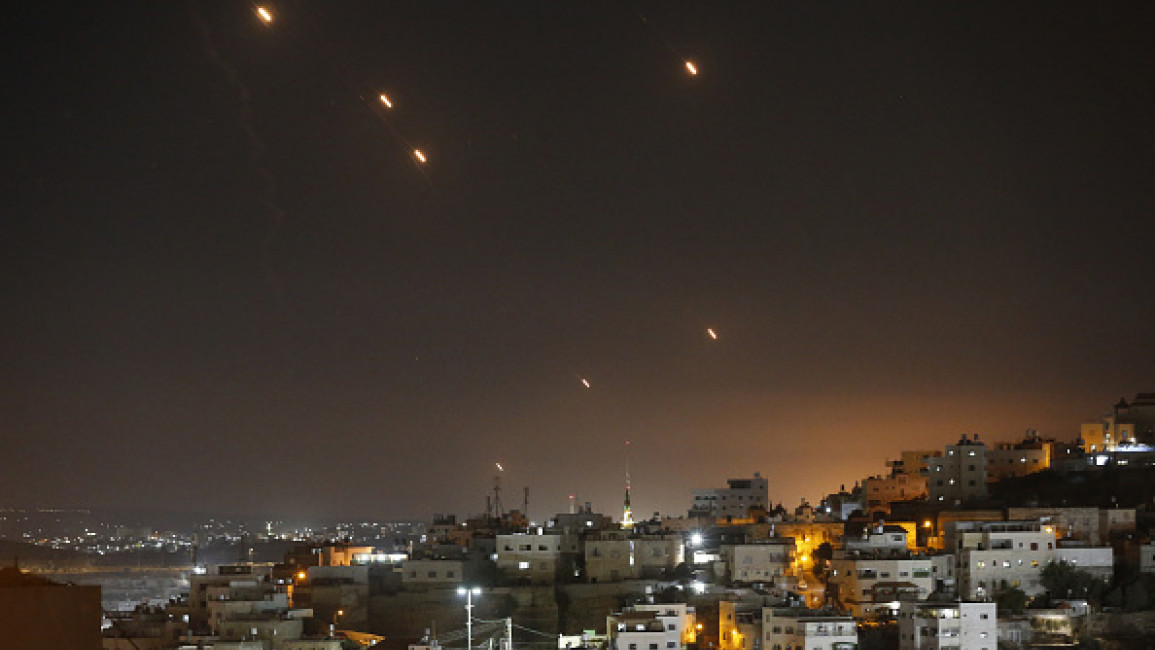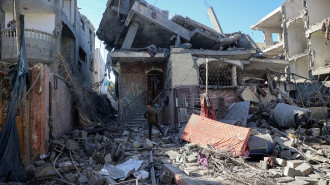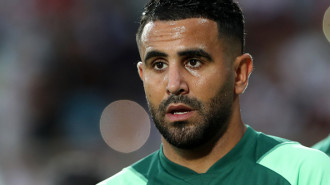US 'trying to limit' Israel's planned strong response to Iran missile attack: report
The US is reportedly attempting to dissuade Israel from launching a strong response to Iran's missile strikes on Tuesday night, according to reports.
US President Joe Biden's administration has stressed to Israel that Tehran's attack was thwarted by US and Israeli missile defence systems, so only a limited response is needed, according to The Wall Street Journal.
However, Israel's retaliation to the Iranian strikes is expected to be much bigger in scale than the one in April, which the Biden administration fears could spiral into all-out war.
On Tuesday evening, Iran launched its largest missile attack on Israel to date, which Tehran said was in retaliation for Israel's assassination of Hamas leader Ismail Haniyeh in July and Hezbollah figurehead Hassan Nasrallah last month. It also cited its opposition to Israel's brutal war on Gaza and assault on Lebanon as factors in launching the attack.
Tehran fired around 200 missiles in the operation which killed only one Palestinian in the occupied West Bank when debris from an intercepted missile rained down on Jericho. There were also light injuries to four Israeli and Jordanian civilians, while there are no reports of significant damage to Israeli infrastructure.
When Iran launched a similar missile attack in April, Israel responded with limited airstrikes. This was widely seen as settling the score, but not to the level that would warrant a response from Tehran.
Despite the lack of casualties during Tuesday's attack, the WSJ said Israel is likely to issue a harsher military response this time, although there is still room for the US to talk it down.
However, other analysts are not enthusiastic about the prospects of the US convincing Israel to tone down any retaliation.
Jonathan Panikoff, a former US intelligence officer now working at the Atlantic Council, a Washington-based think tank, told the WSJ that "the United States indeed lacks sufficient diplomatic leverage to push for a ceasefire in Gaza and Lebanon".
"Avoiding a regional war is at its most difficult stage since October 7," Panikoff added.
Analysts believe that Israel could look to target Iran’s nuclear power facilities or oil infrastructure, which would likely provoke Tehran into a stronger response, see it targeting Israeli interests abroad, or speed up its alleged nuclear weapons programme.
The Biden administration pledged that Washington would ensure Iran faces "severe consequences" regardless of how Israel responds, a step US officials have not yet clarified.
However, the WSJ cited some analysts who said the US will look to enhance the enforcement of sanctions on Tehran.
None of this is likely to deter Israel from responding, with Prime Minister Benjamin Netanyahu saying on Tuesday that Iran had "made a big mistake" and "will pay the price".
On social media site X, former Israeli prime minister Naftali Bennet went into more detail about a potential Israeli response, writing that Iran's attack provided his country with the "greatest opportunity in 50 years, to change the face of the Middle East".
"We must act *now* to destroy Iran’s nuclear program, its central energy facilities, and to fatally cripple this terrorist regime," he added.







 Follow the Middle East's top stories in English at The New Arab on Google News
Follow the Middle East's top stories in English at The New Arab on Google News


